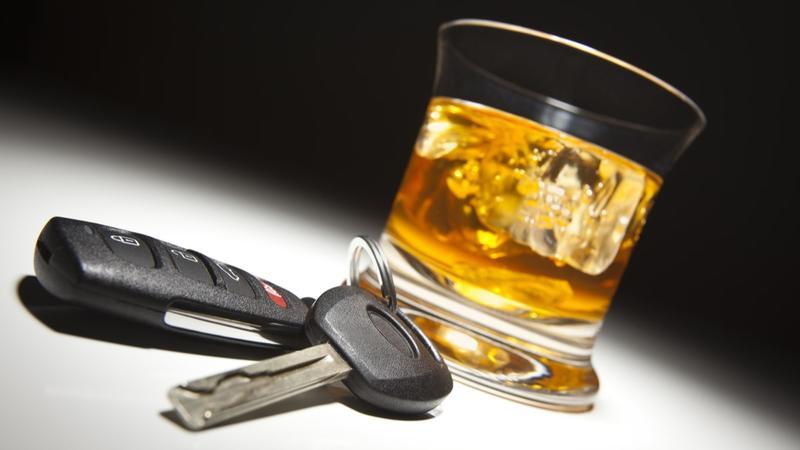Seeking a more effective way to curtail impaired driving, the Alberta government is weighing the possibility of decriminalizing drunk driving and implementing an administrative penalty system in the province.
It is unknown at this time if or when the provincial government under the United Conservative Party (UCP) will decide on the matter, and it raises many questions, including what the changes may have on auto insurance premiums in Alberta.
The controversial topic first came to light in late 2017 during the former New Democratic Party (NDP) provincial government’s rule. At that time, the NDP was assessing how Manitoba and B.C. decriminalized drunk driving. In those provinces, police officers determine whether a driver whose blood-alcohol concentration level exceeds the legal limit should face criminal charges or be subject to expensive fines and administrative sanctions.
The opposition UCP was infuriated by the notion of decriminalization then. Since coming to power, it reportedly shifted its thinking on the matter to find a way to relieve the financial and administrative burden on Alberta’s court system.
Will Alberta Benefit from Decriminalizing Drunk Driving?
Anti-drunk driving advocates and some criminal lawyers in Alberta have made clear decriminalization is the wrong way to go and may result in more drunk drivers on the road as well as handing police too much power.
Mothers Against Drunk Driving (MADD) Canada, however, supports the idea. MADD Canada says Alberta should adopt B.C.’s impaired driving rules because it has cut B.C.’s drunk driving deaths by 50%. The grassroots, charitable organization focuses on preventing impaired driving-related deaths, not punishing drivers convicted of impaired driving.
But some argue allowing police to impose administrative penalties at the roadside could be financially devastating for low-income people as they may not be able to afford to pay the fines.
Of note, distracted driving – not impaired driving – is reported to be the most significant threat on Canada’s roads today. Statistics Canada data suggests that impaired driving is on the decline. StatsCan’s numbers from 2015 reveal more than 72,000 drivers were charged for impaired driving – the lowest amount since 1986.
